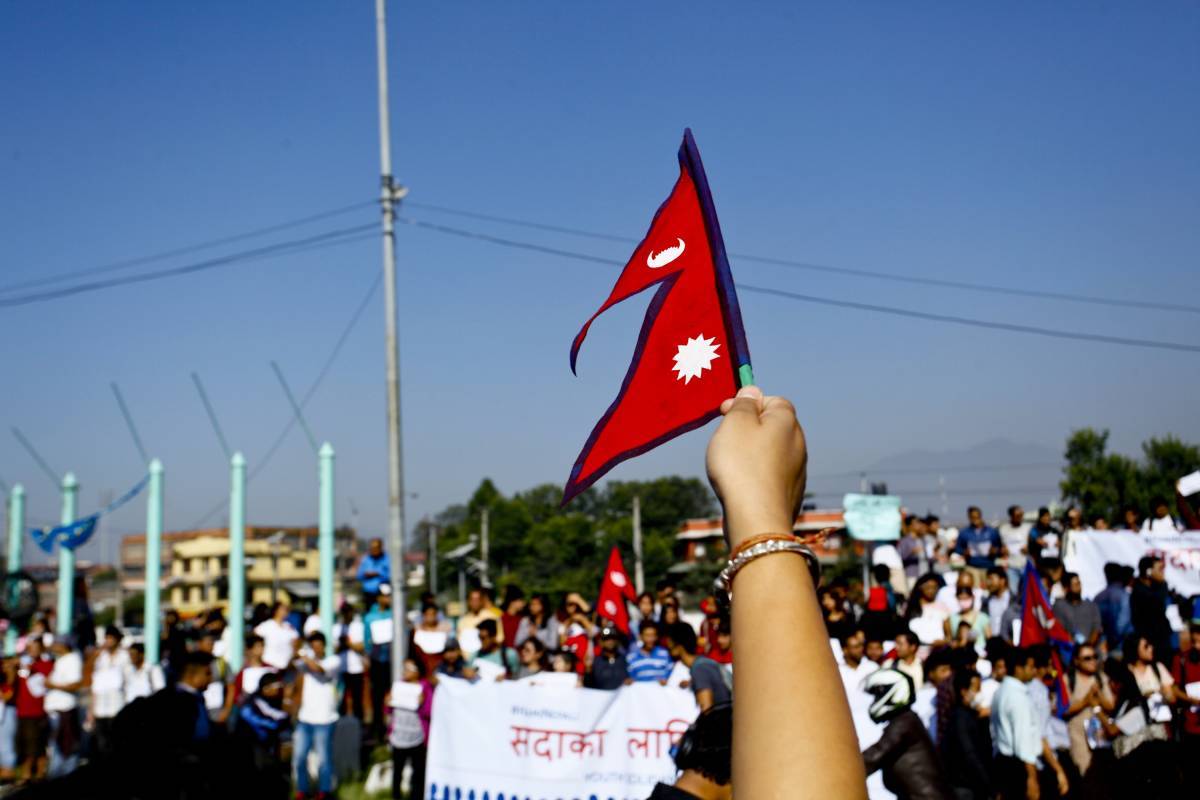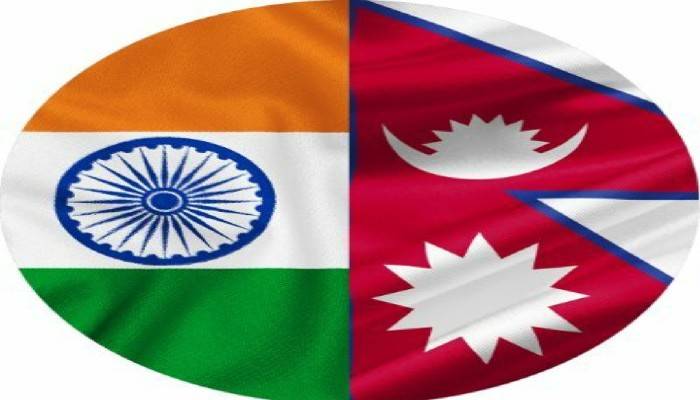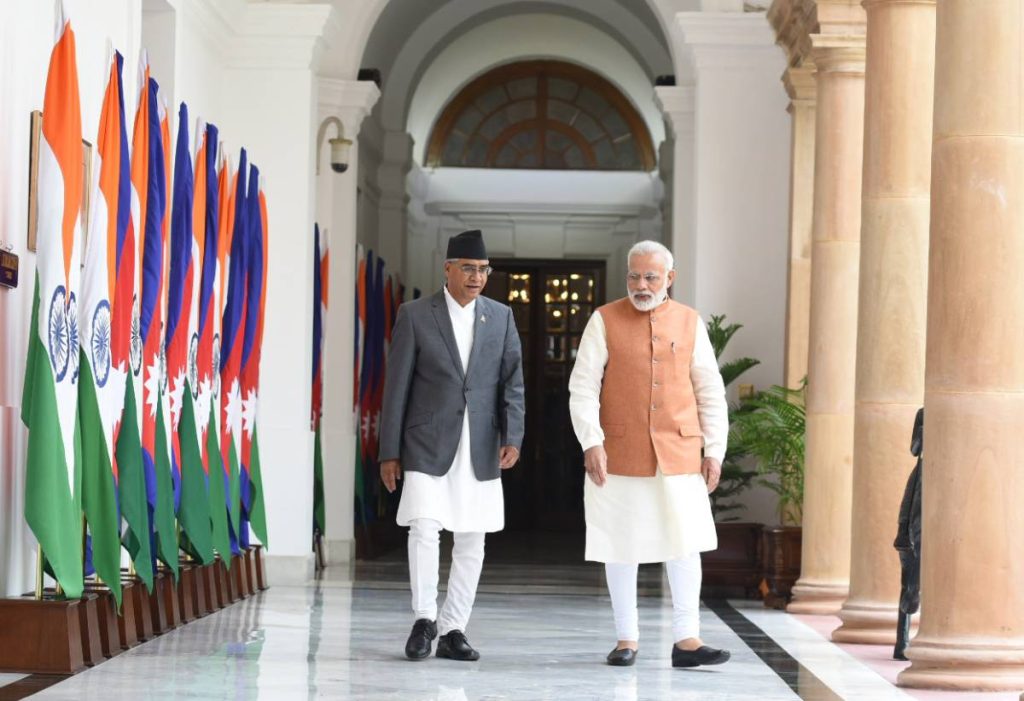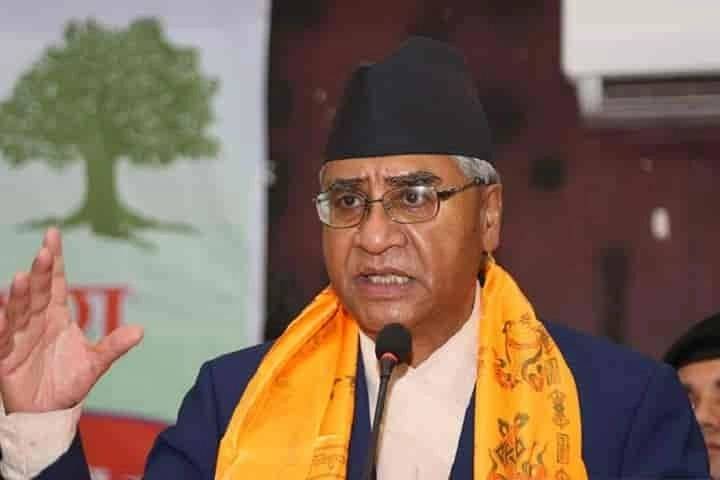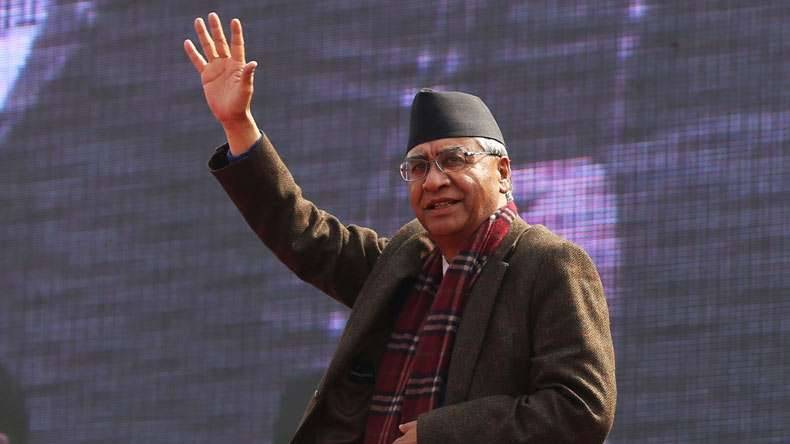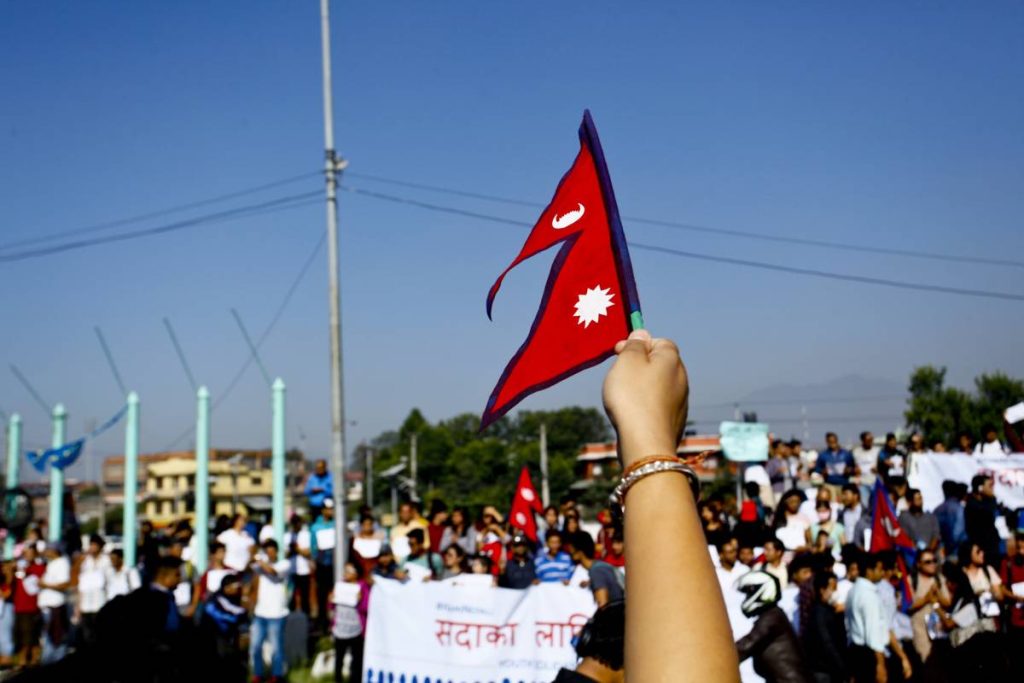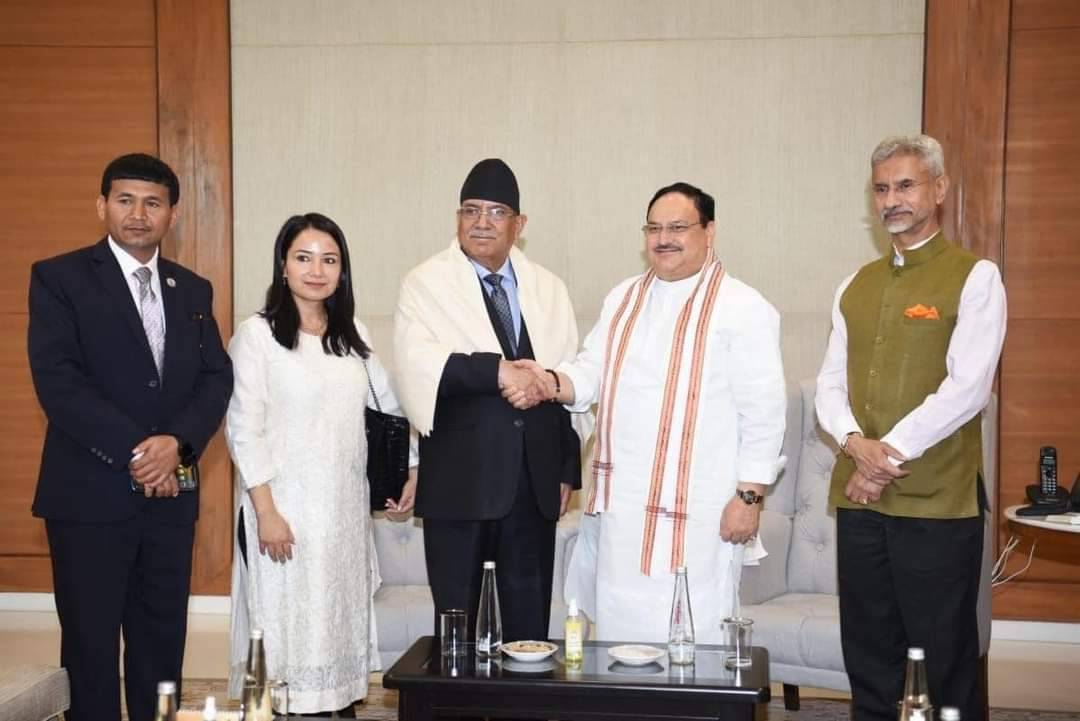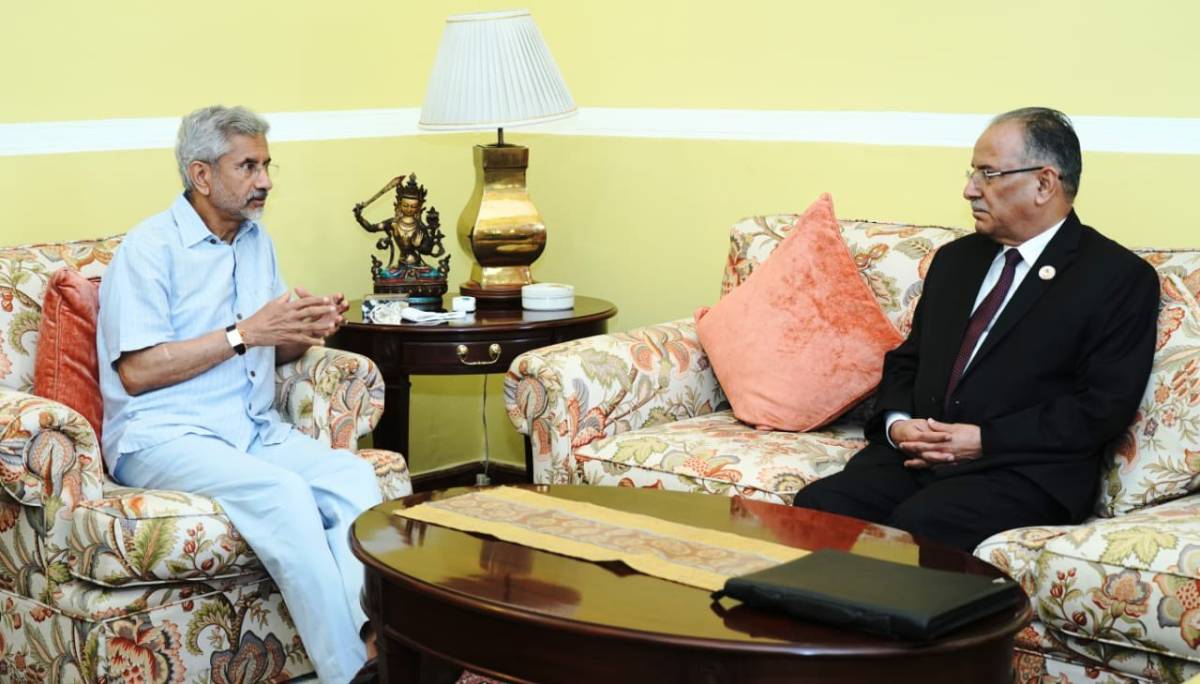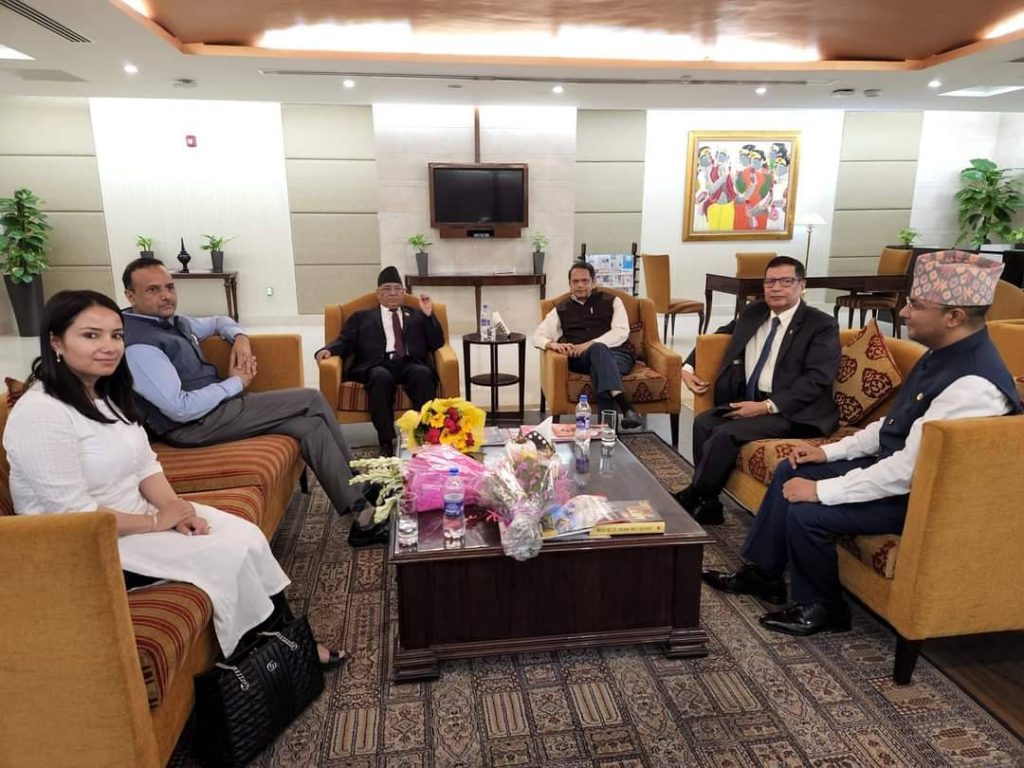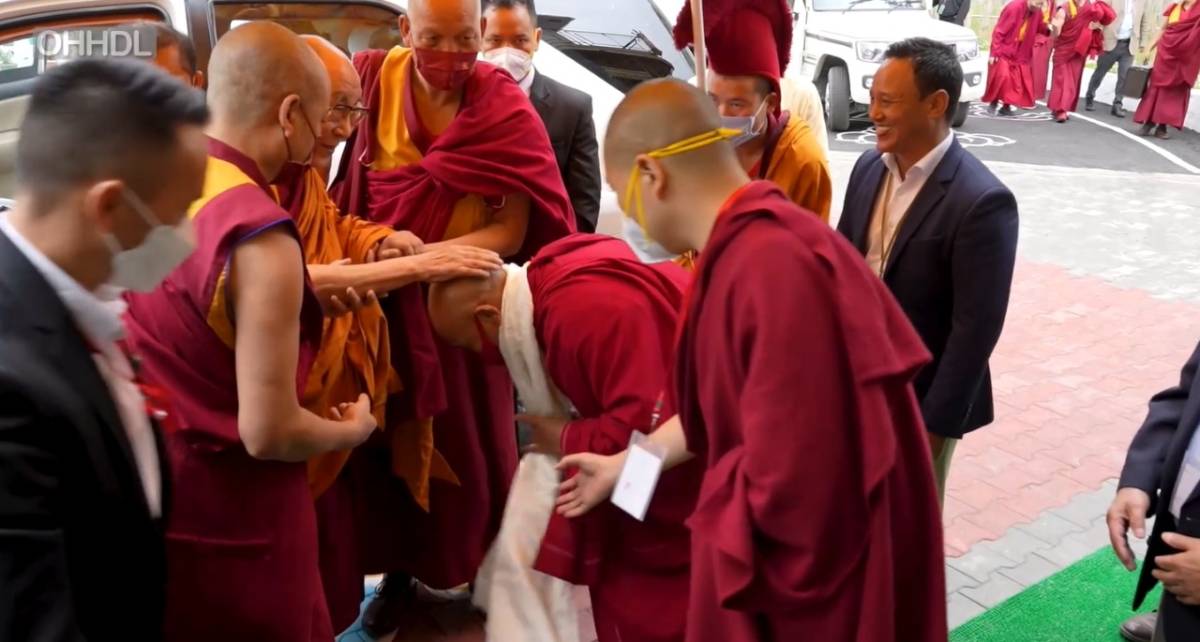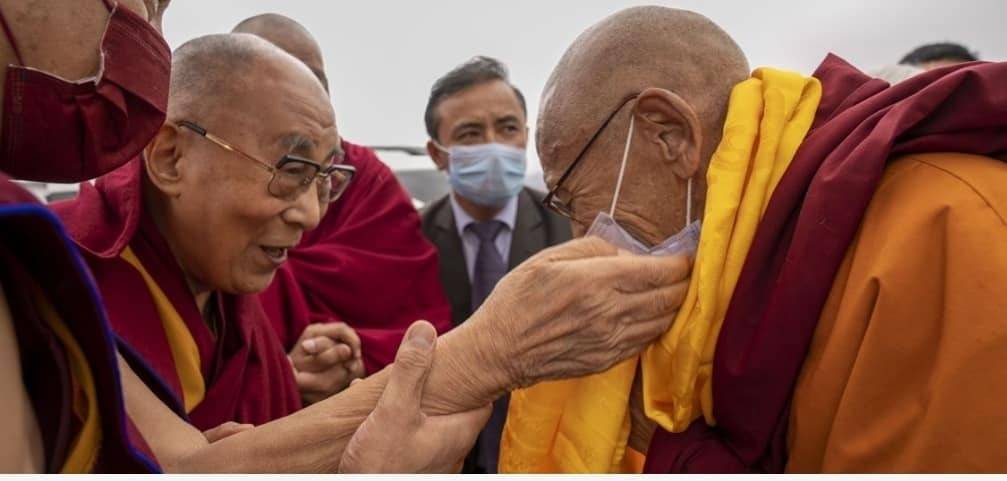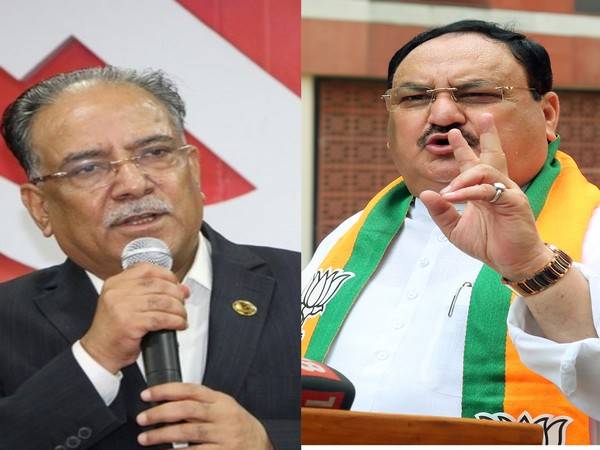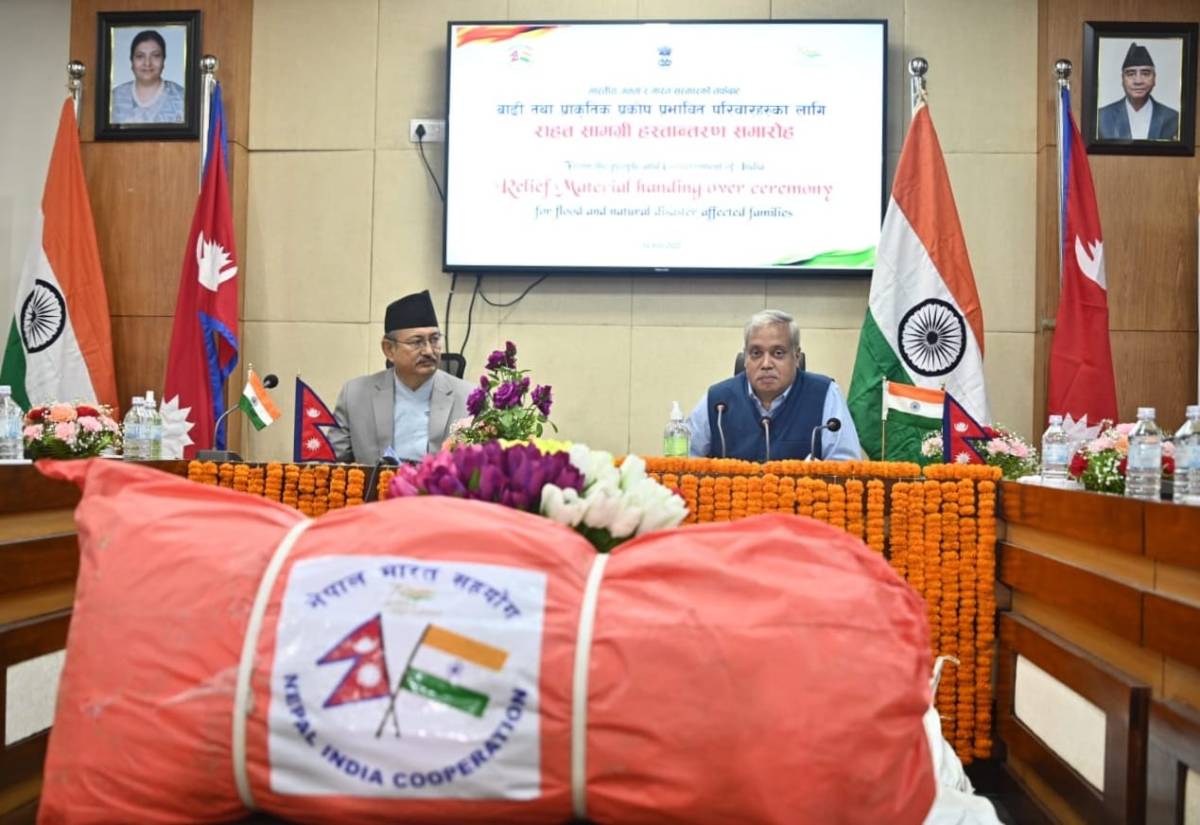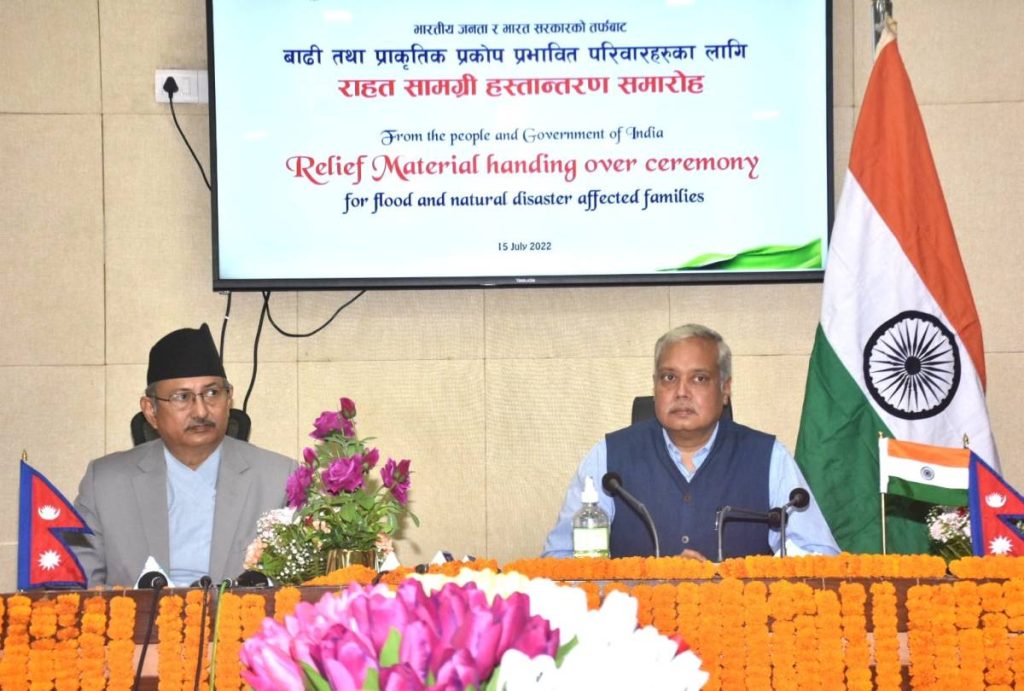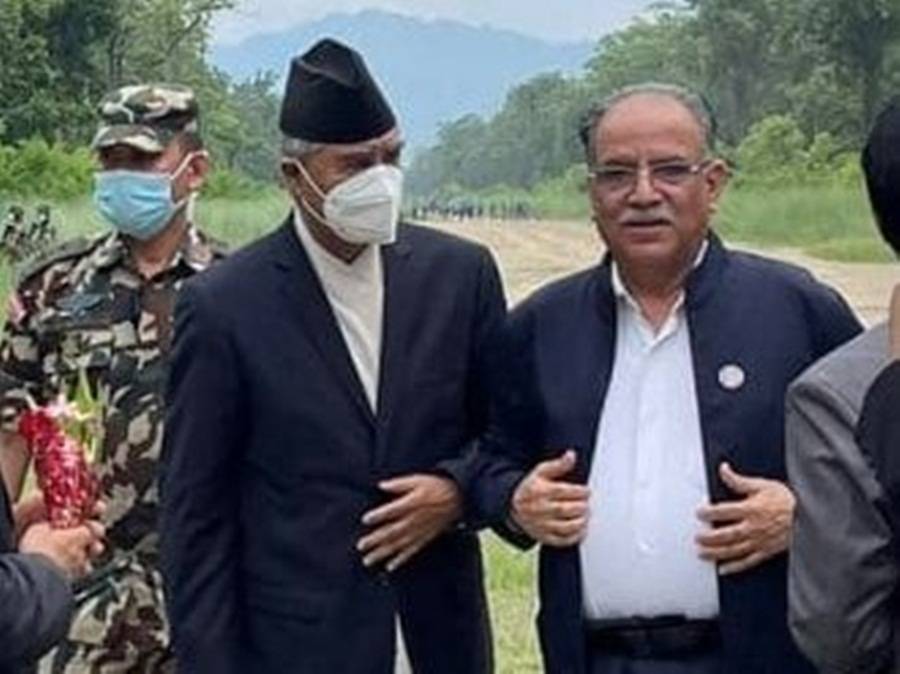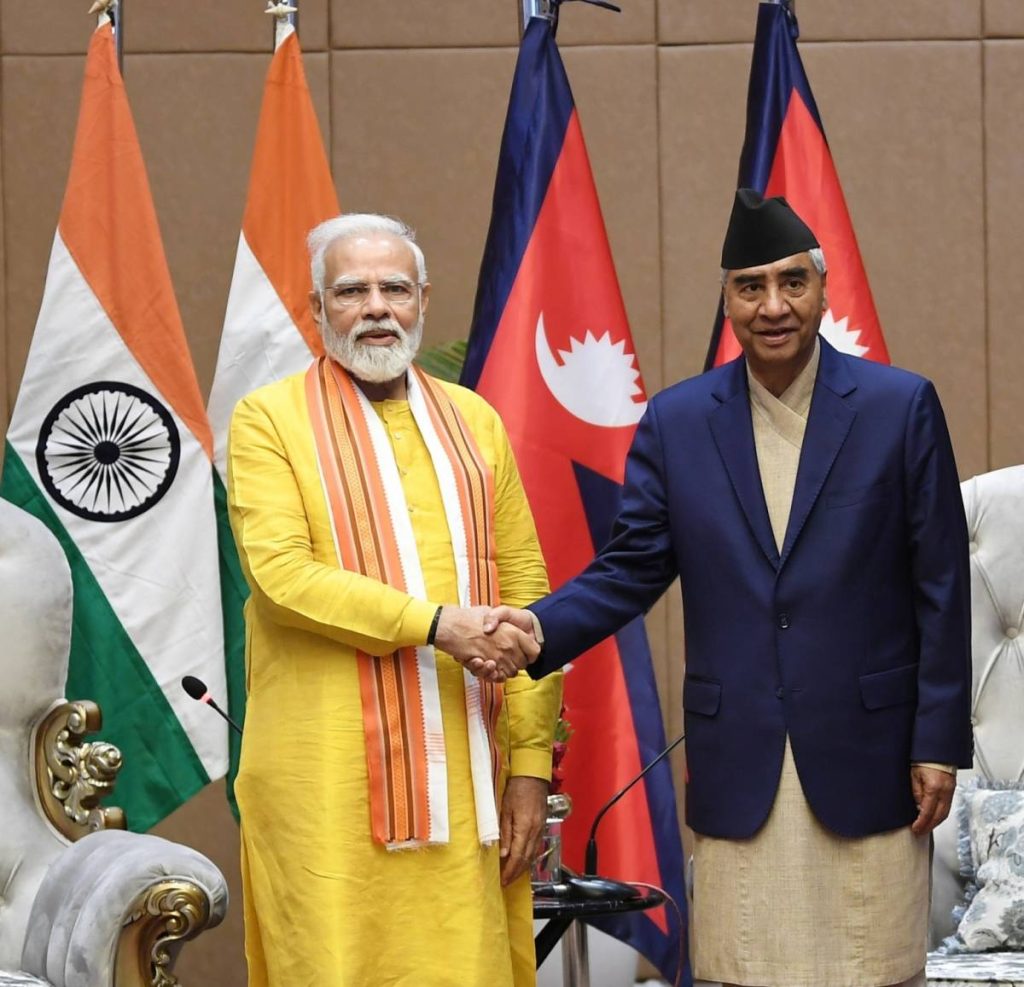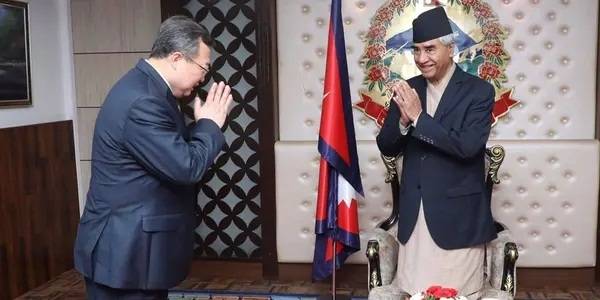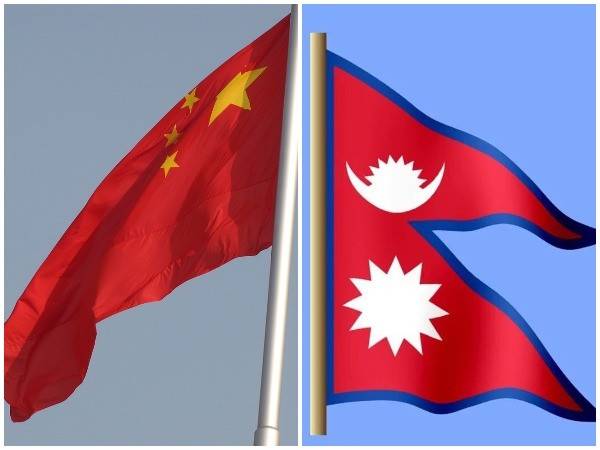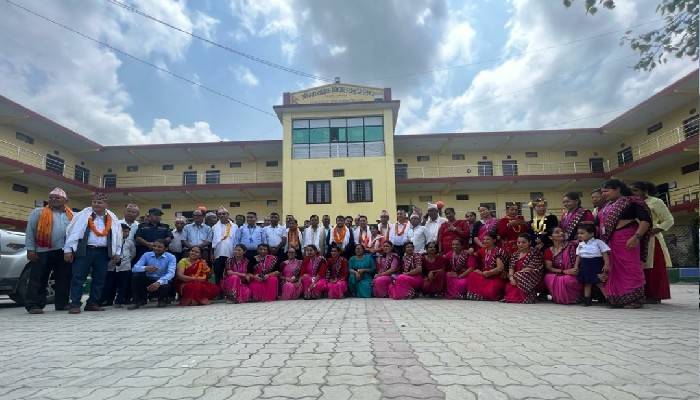The progress on the bill is significant as it comes ahead of Nepal’s general election that is due later this year…writes Santosh Ghimire
Nepal’s parliament has passed a bill to amend the Citizenship Act, 2006, paving the way for thousands of children of parents who were citizens by birth to acquire citizenship by descent.
The House of Representatives, the lower house of Nepali parliament, endorsed the much-debated bill on Friday through a majority vote despite reservations from the main opposition Communist Party of Nepal (Unified Marxist Leninist). The bill will go into implementation once it is approved by the National Assembly, the upper house, according to authorities.
The progress on the bill is significant as it comes ahead of Nepal’s general election that is due later this year.
All eligible Nepali citizens born before September 20, 2015, the day when the Constitution of Nepal was promulgated, were granted naturalised citizenship. However, their children were not getting citizenship due to lack of a law as the constitution stated that the provision to grant them citizenship would be directed by a federal law. The country has yet to formulate the federal law even seven years after the promulgation of the national constitution.
According to Nepal’s Ministry of Home Affairs, 190,000 individuals had acquired naturalised citizenship by birth.
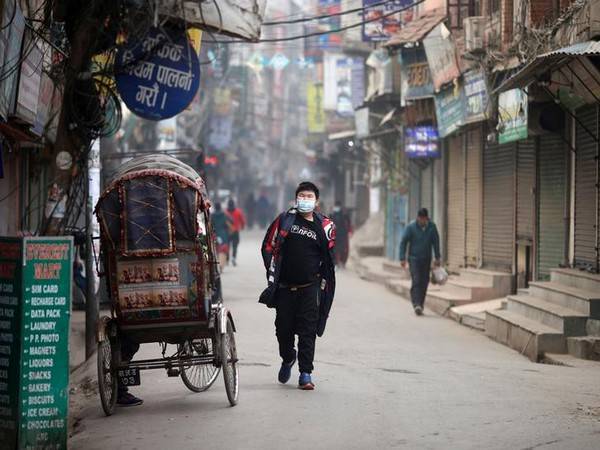
What are major changes in the new amendment?
Once the amendment bill is approved by the upper house, one born to a Nepali woman in Nepal and whose father is unidentified would get citizenship by descent, according to the text of the bill which is now public. However, the applicant’s mother needs to make a mandatory self-declaration that the father is not recognised. The mother will be liable for action if it is found that her claim that the father of her issue is not identified turns out to be wrong.
As per the new bill, foreign men married to Nepali women must have resided for 15 years continuously in Nepal, renounced the citizenship of their country of origin, and be able to speak Nepali language to qualify for naturalisation.
The bill has also paved the way for non-resident Nepali nationals to acquire citizenship. According to the text of the bill, the non-resident Nepali nationals, however, will not be eligible to enjoy the political and administrative rights. It is estimated that over 5 million Nepali nationals are living in different parts of the world including neighbouring India.
The latest development on citizenship is also a big relief for thousands of people in Nepal who had been rendered stateless due to non-enactment of the new citizenship law.
Years of debate over citizenship resolved now there had been debate in Nepal’s parliament for years on whether to grant naturalised citizenship to foreign women married to Nepali men once they start the process to relinquish the citizenship of the country of their origin.
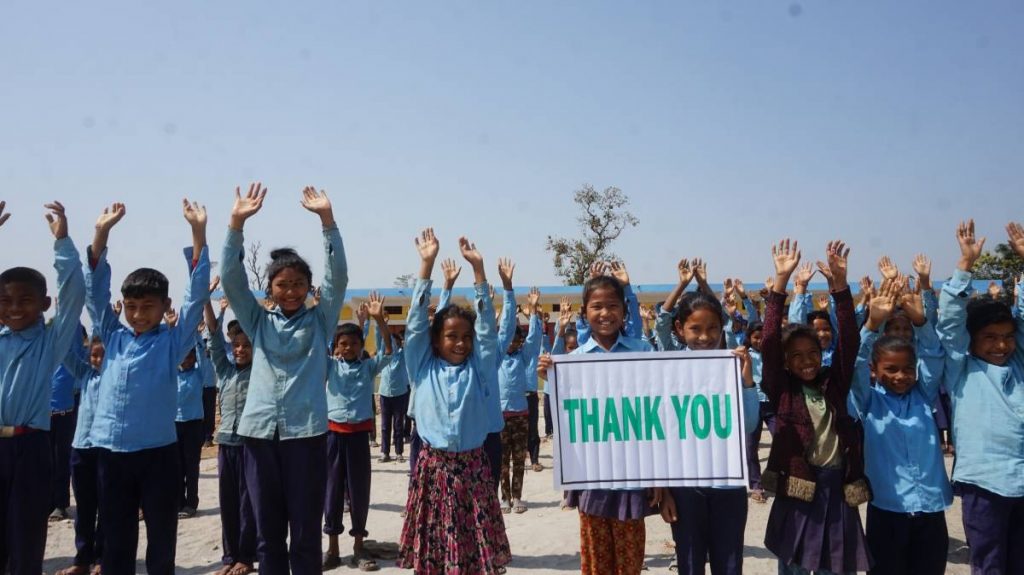
Last time in June 2020, the parliamentary State Affairs and Good Governance Committee held discussions on the issue. However, parliamentarians of then ruling Nepal Communist Party and then opposition Nepali Congress were sharply divided particularly with a provision that foreign women married to Nepali men would have to wait for seven years for naturalisation.
The lawmakers of the Nepali Congress along with two Terai-based parties-Rashtriya Janata Party and Samajbadi Party, were in favour of retaining the provision of granting citizenship once the woman started the process to renounce citizenship of her country of origin.
However, the then ruling Nepal Communist Party did not agree on the opposition parties’ stance, citing the example of India where it takes seven years to grant citizenship to foreign women married to Indian men. The ruling party argued that Nepal too should have a similar provision. As parliamentarians failed to forge consensus on this particular provision, the bill was endorsed through a majority from the parliamentary committee only, not forwarding the bill to the House of Representatives.
Last July, the present Nepali Congress government led by Sher Bahadur Deuba withdrew the citizenship bill from the House and registered a new one retaining the provision to grant citizenship to foreign women married to Nepali men once she starts the process to give up citizenship of her country.
(The content is being carried under an arrangement with indianarrative.com)

